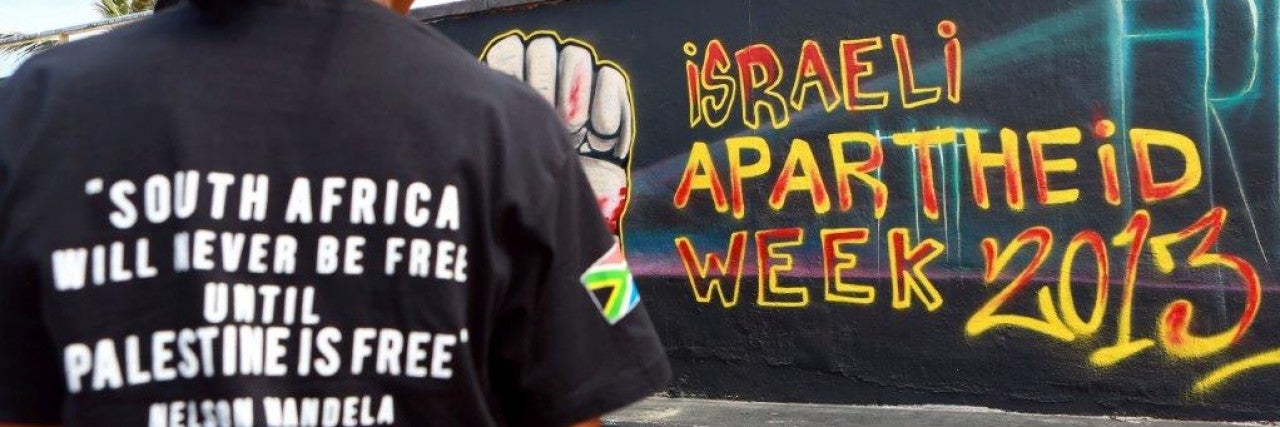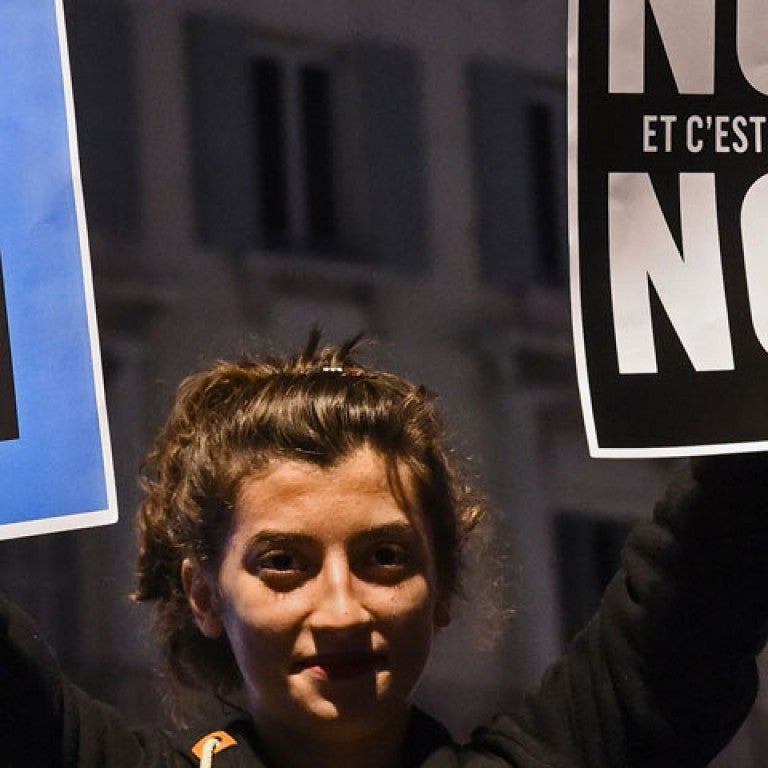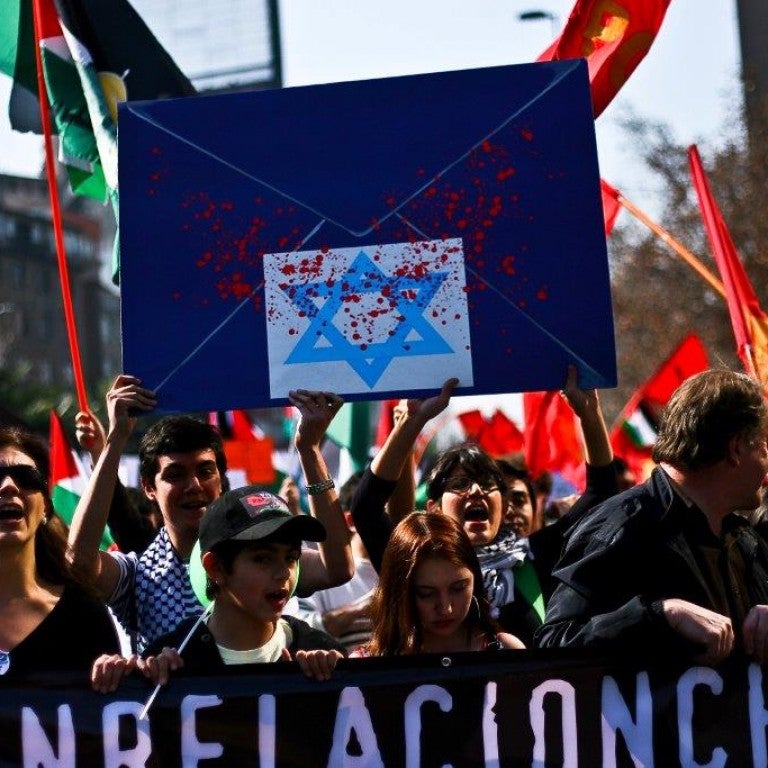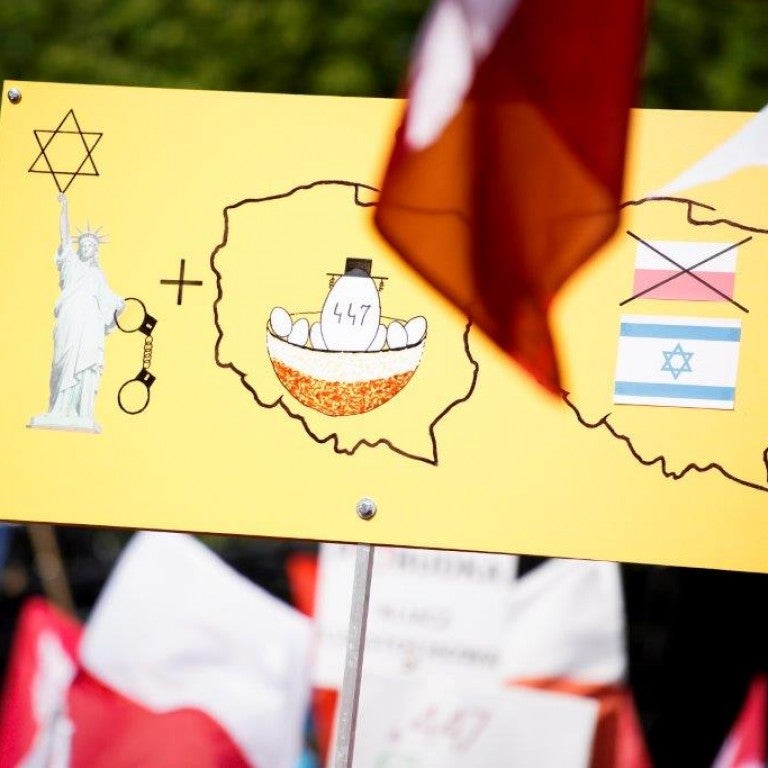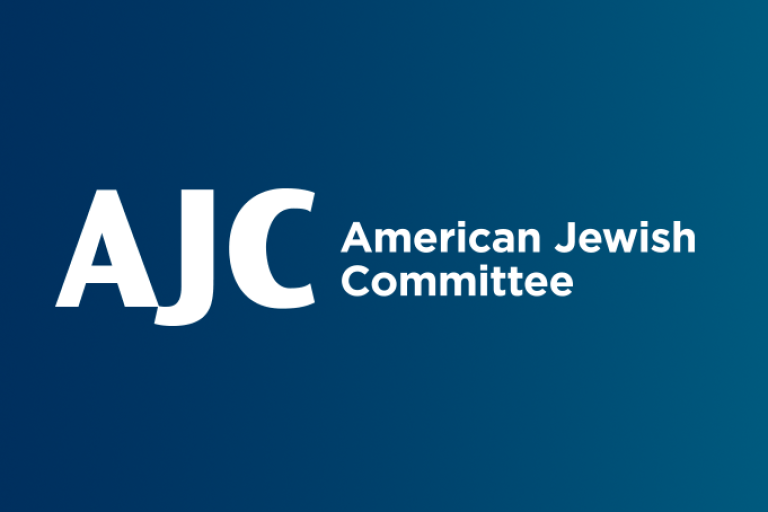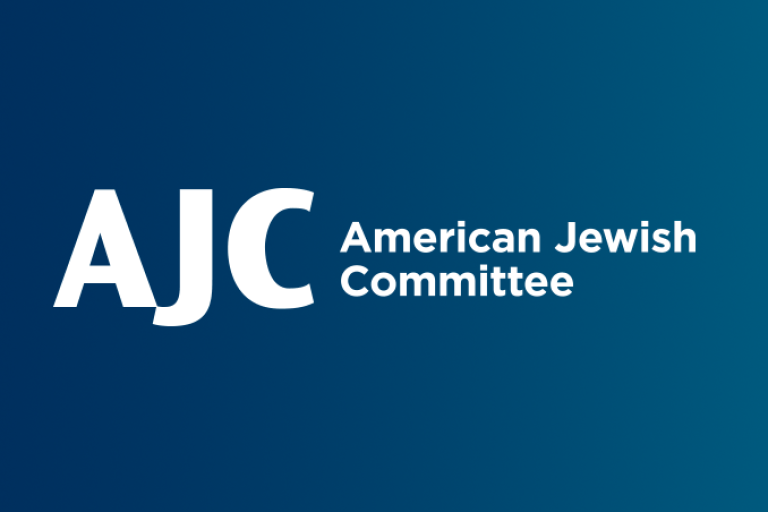December 17, 2020
This is the sixth installment of a series on the State of Antisemitism Around the Globe, in which AJC experts share their insights about nine international communities where particular expressions of Jew hatred are on the rise. The next piece will focus on Indonesia.
Antisemitism isn’t widespread across the African continent, according to Eliseo Neuman, Director of AJC’s Africa Institute, largely because there is no Jewish population there to marginalize and people are largely ignorant of what it means to be a modern, secular Jew. Additionally, Islamist sectors in Africa are less vitriolic than in other quarters of the Muslim world.
“The phenomenon of antisemitism manifests itself very differently throughout Africa—I’m happy to report that in a manner much less prominent or noxious than most anywhere else in the world,” Neuman said.
But the apartheid history of South Africa sets the southernmost tip apart from the rest of the continent. There, antisemitism is often prevalent in the form of anti-Israel rhetoric.
Jews were disproportionately over-represented among whites in the anti-apartheid struggle, and they were never embraced by the white supremacist establishment. Yet since the Six-Day War and the UN resolution equating Zionism with racism, South Africans have tended to see the Middle East conflict as analogous to the racist regime they overcame. The African National Congress, South Africa’s governing party since the fall of apartheid in 1994, has long identified with the Palestinian cause, and its leaders have often sided with the Boycott, Divestment, and Sanctions movement.
“The reason for the vitriol is, for them, a Jew is a rich and influential white person, more loyal to his own kind and to another country called Israel than to a Black country that made them rich,” Neuman said.
Because of this misconception, South Africans don’t make efforts to address antisemitism a priority, despite violent incidents elsewhere.
“It’s a pretty tragic predicament for the Jewish community,” Neuman said, “because Jews want to preserve their culture and heritage in a country where the public here is less than supportive of their schools and their security.”
